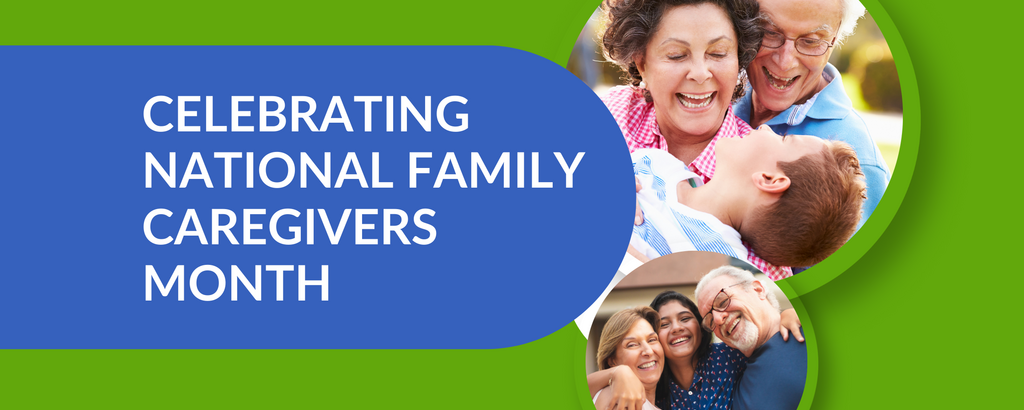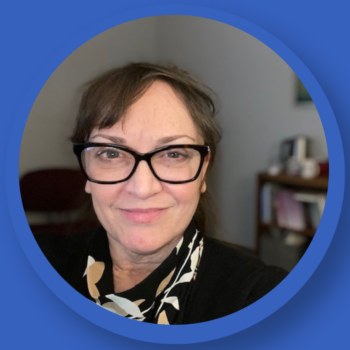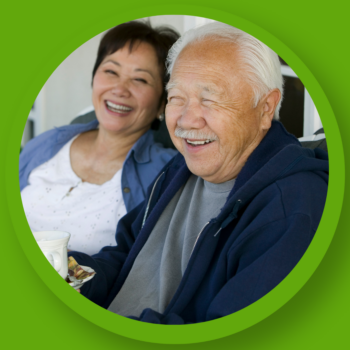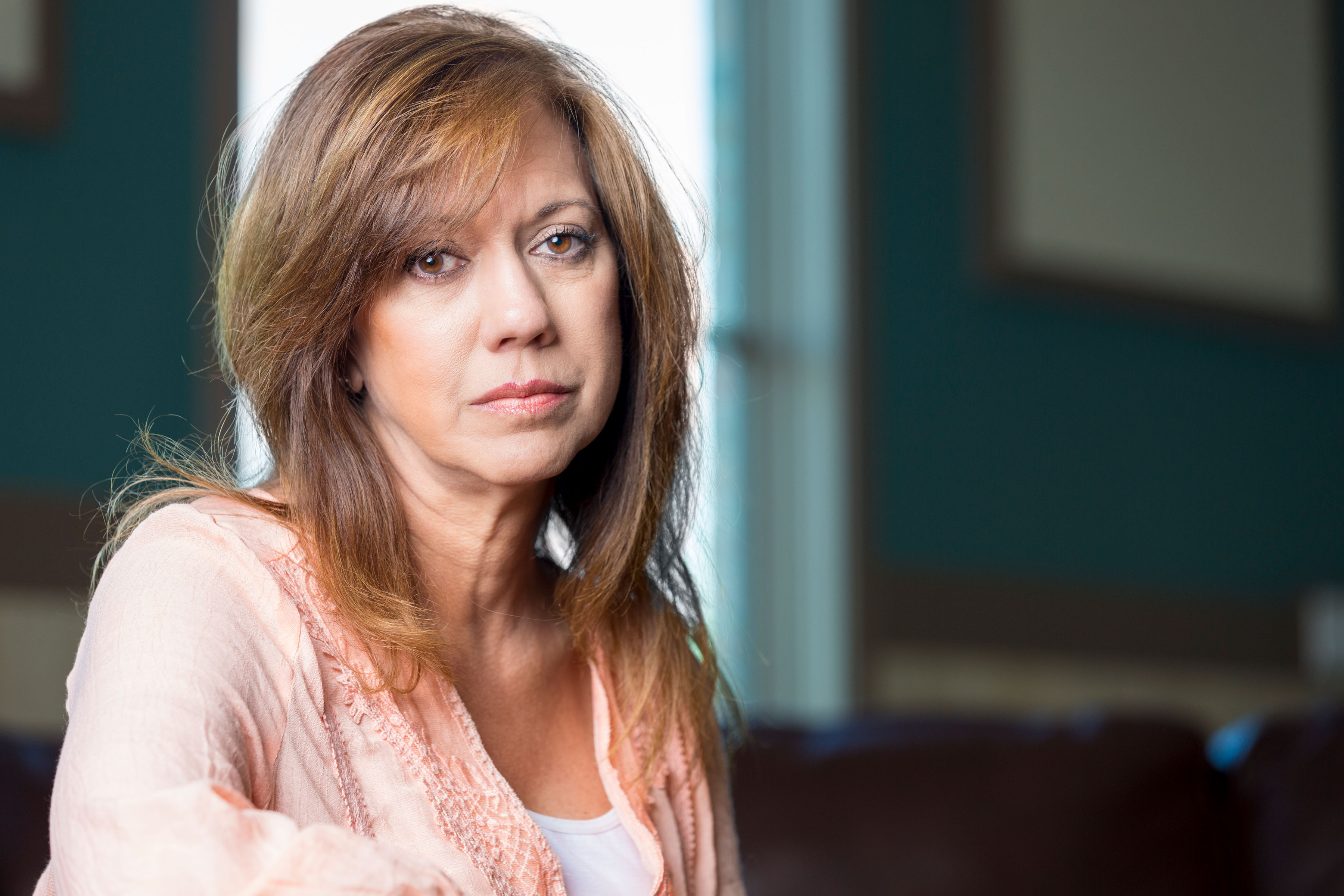
November is Caregiver Month

Kathleen Bolger, KYC Caregiver Specialist
Written by KYC’s Caregiver Specialist, Kathleen Bolger
For some, caring for a family member, friend, or neighbor with a chronic illness is a calling which can be a deeply meaningful and purpose-driven endeavor. For others, caregiving is something unexpected, taken on reluctantly. And for the rest of us, caregiving isn’t something we think about often; it has not typically been much on the radar in public discourse. That is changing as our population ages, which is good news. What is a constant for caregivers, though, whether they find the work a calling, or a burden, is that caregiving is stressful — maybe one of the most stressful things someone can do in their lifetime.
This is because, in part, the skills required to give care effectively are clinical skills that require training. Caregivers have to be aware of the disease process, coordinate medical care; they may need to be skilled at changing catheters and feeding tubes, or know how to work a Hoyer lift; they need to know what supplies and equipment Medicare does and does not cover; they need to know about estate planning and Medicaid; they need to be a chauffeur, cook, housekeeper; they need to be an activities coordinator; they need to know how to deescalate a conflict, and prevent escalation of difficult behaviors. And the list goes on. These are skills that medical assistants, law professionals, occupational and physical therapists, and social workers employ every day. And we ask family members or friends to use these skills to care for their loved one, with no training, and often while juggling full time work and other family commitments. Or by leaving the workforce, putting themselves in a precarious financial position. That’s a gigantic ask. And it is us who tacitly make this ask.

Why? Because family members and friends who provide this care save the United States about $600 billion (yes, billion) annually. In 2023, they provided 36 billion hours of unpaid work. Without informal caregivers, we, the taxpayers, would bear this cost.
But the burden that informal caregivers carry isn’t only financial. The time commitment needed to provide care often means that caregivers neglect their own health; they are at higher risk for injury, and often experience heightened family conflict. Isolation is common, as is depression.
What is KYC doing to help informal caregivers? Well, through our Caregiver Resource Center, funded through the Older Americans Act, we teach self-care skills and educate caregivers about dementia, Medicaid, and other logistics of caregiving. We support caregivers with counseling and support groups, and we distribute funds that caregivers can use to hire respite care and to purchase supplies. We are here to walk with caregivers, to help them navigate the bureaucracy, and to witness the awesome work they are doing. If you would like to get started with the Caregiver Resource Center, check it out here.
Previous Article Next Article

